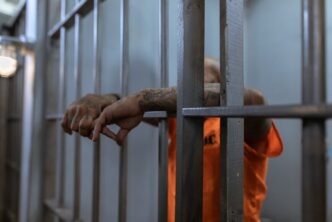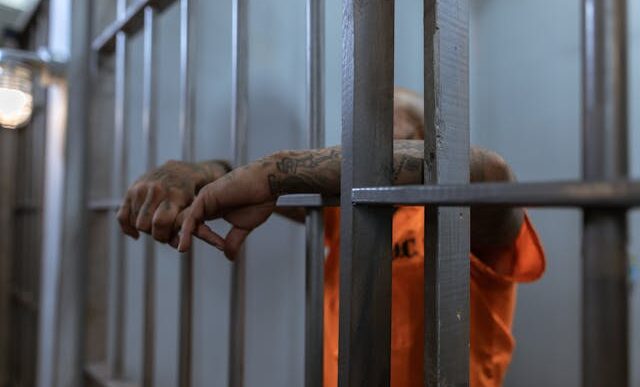The recent shocking murder of UnitedHealthcare CEO has led many to question the fate of the chief suspect, Luigi Mangione. Will he face the death penalty? Legal experts, however, believe it is highly unlikely. The reason is not just because New York, where the horrific crime took place, does not have a death penalty, but several other factors are also in play.
These experts assert that even if Mangione is found guilty, the maximum sentence he could possibly face is life imprisonment. This prediction stems from a myriad of legal complexities and precedents that guide the American judicial system, especially in high-profile cases such as this.
Legal Complexities and Precedents
Contrary to common belief, capital punishment is not a blanket rule applicable across the United States. As of 2020, capital punishment is legal in 25 states, including the federal government and the military. New York, however, abolished the death penalty in 2007.
Even in states where the death penalty is legal, it is usually reserved for the most heinous of crimes. According to legal experts, while the murder of a high-profile individual like a CEO is indeed a serious crime, it may not check all the boxes required for capital punishment.
Additionally, the Supreme Court has set precedents that limit the application of the death penalty. Notably, in the case of Kennedy v. Louisiana in 2008, the court ruled that the death penalty is unconstitutional if the crime did not result in the victim’s death or was not intended to result in the victim’s death.
The Role of Mitigating Circumstances
Another significant factor that could influence the sentencing of Mangione is the presence of mitigating circumstances. These are factors that, while not excusing the crime, may reduce the perceived severity or culpability of the defendant.
For instance, if Mangione’s defense can successfully argue that he was under severe emotional distress, had a mental illness, or was under the influence of drugs or alcohol at the time of the crime, these could be considered mitigating circumstances. This could potentially reduce his sentence, even if he is found guilty.
However, it’s important to note that the discovery of such mitigating circumstances does not guarantee a reduced sentence. It merely provides the defense with an argument to be made before the jury during the sentencing phase of the trial.
Public Perception and the High-Profile Nature of the Case
While the law provides a framework for sentencing, the high-profile nature of this case could potentially influence the outcome. The murder of a CEO of a major company such as UnitedHealthcare is likely to receive significant media attention, which could sway public opinion and indirectly influence the proceedings.
However, it’s important to remember that the American judicial system is designed to ensure that justice is served, irrespective of public opinion. Judges are trained to make decisions based on the law and the evidence presented, not on public sentiment.
In conclusion, while the murder of the UnitedHealthcare CEO is a serious crime that warrants a significant punishment, it is unlikely that Luigi Mangione will face the death penalty if found guilty. Legal experts predict that the maximum sentence he would face is life imprisonment, due to a combination of legal complexities, mitigating circumstances, and the fact that the crime occurred in New York, a state that does not allow capital punishment.















